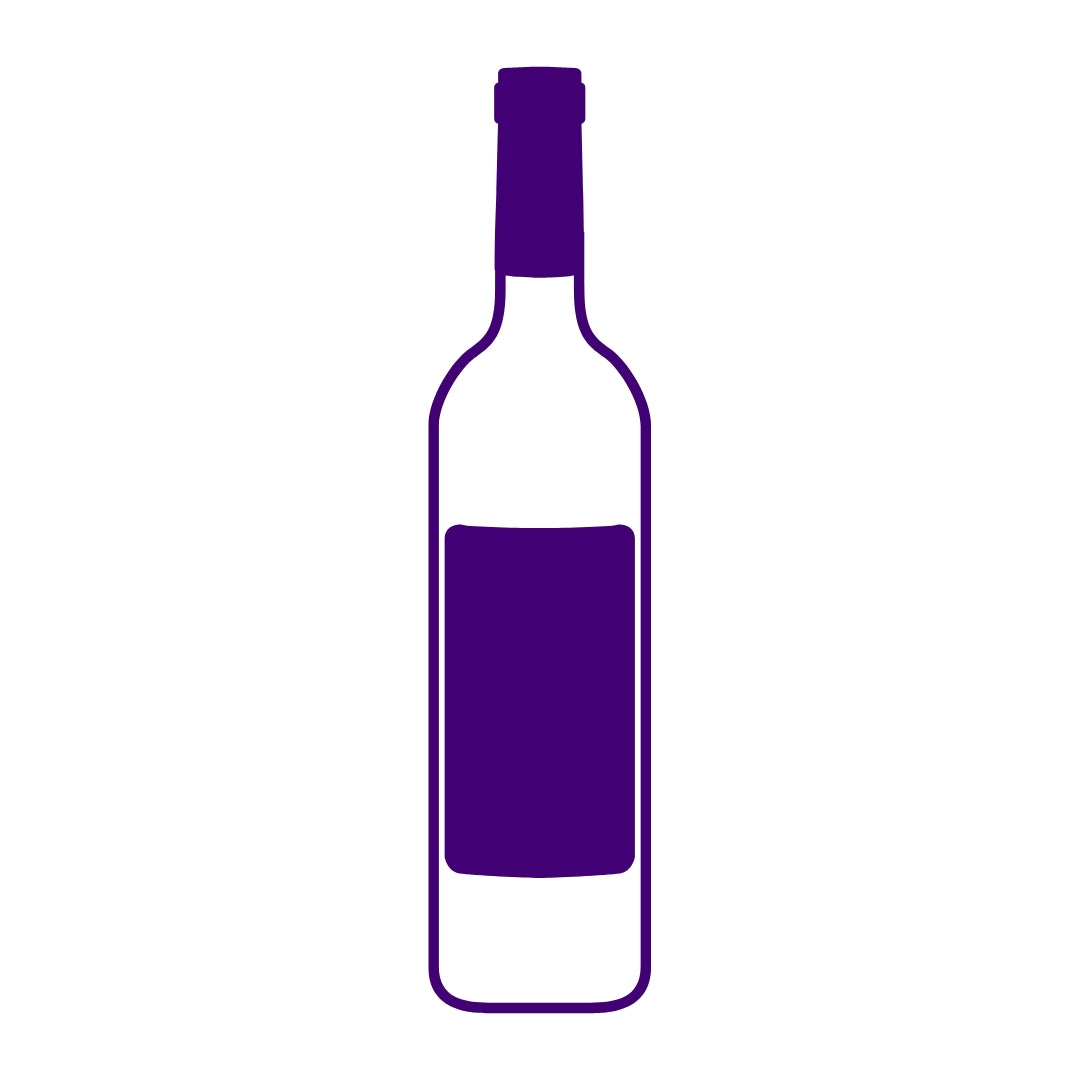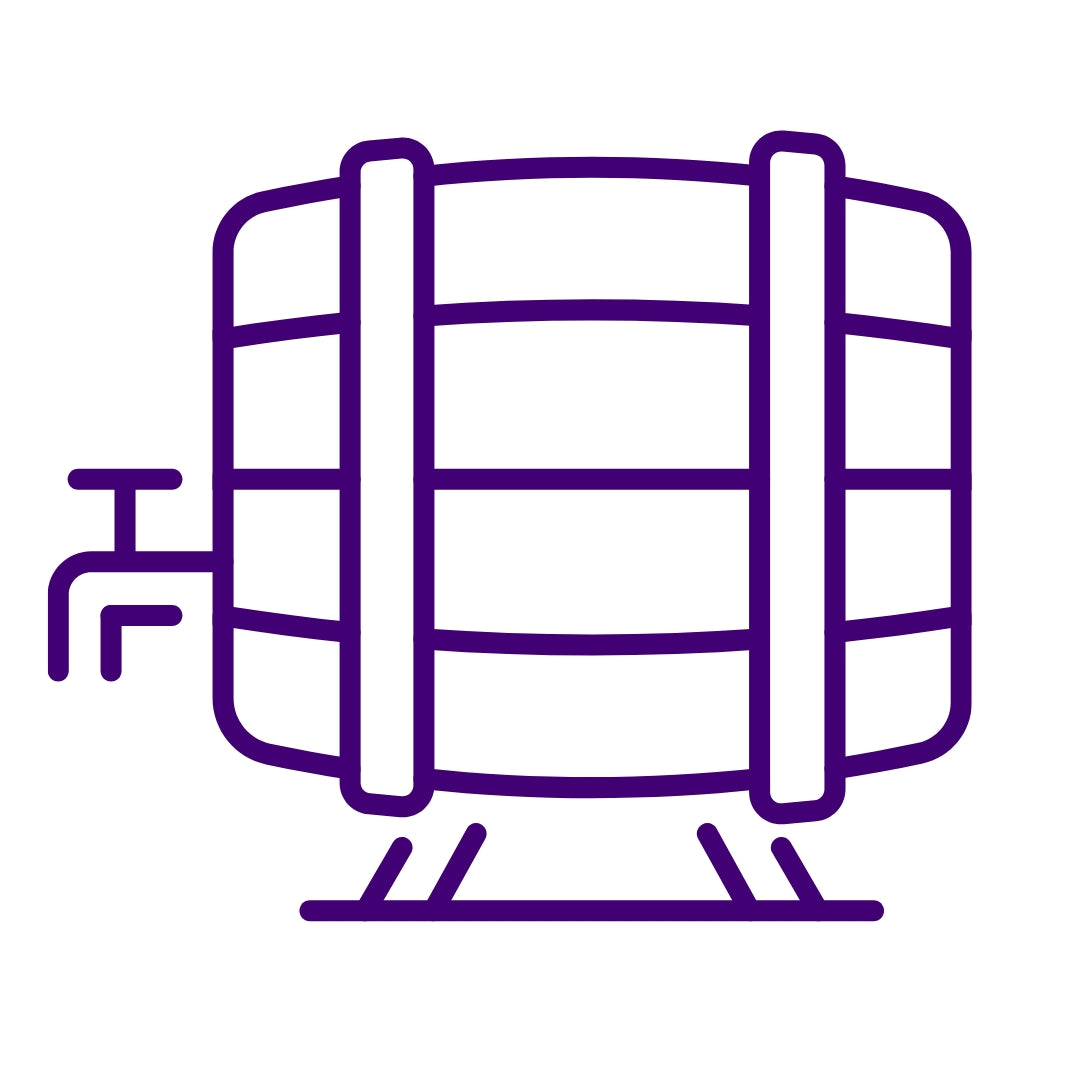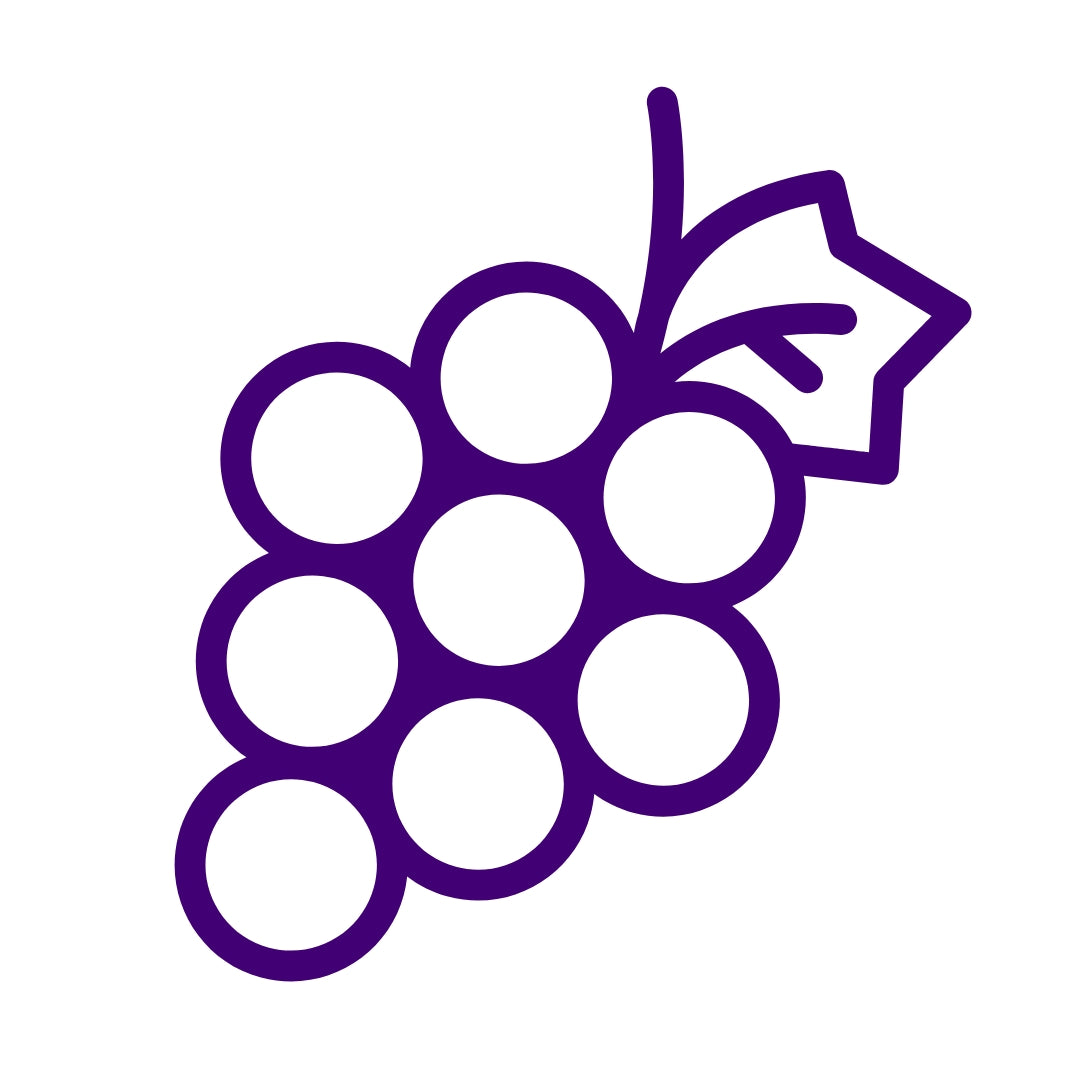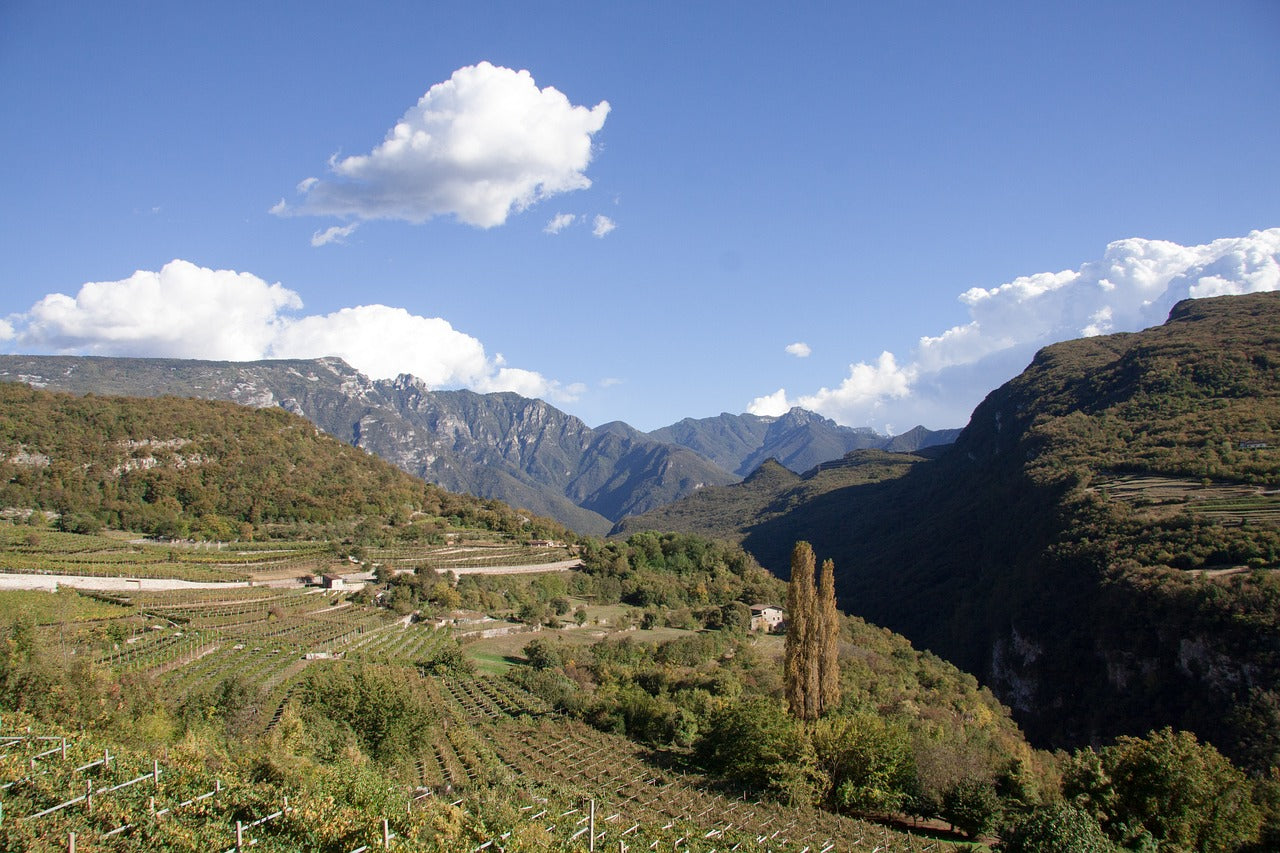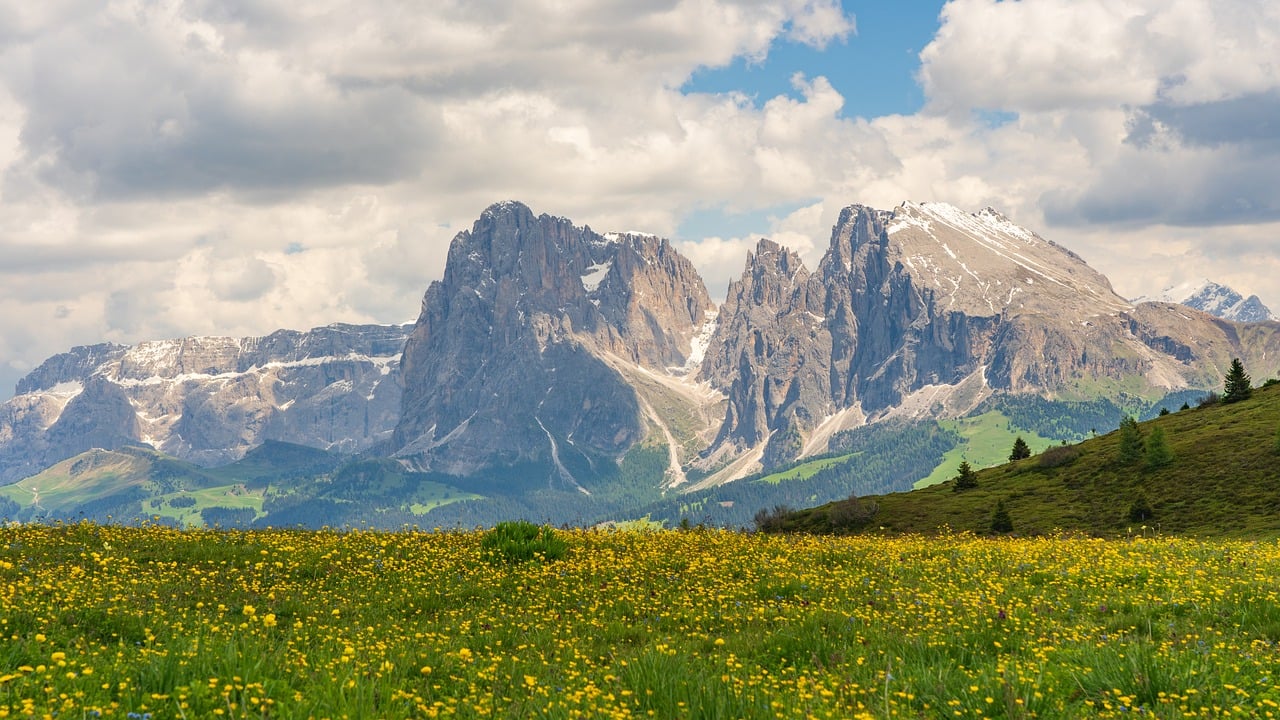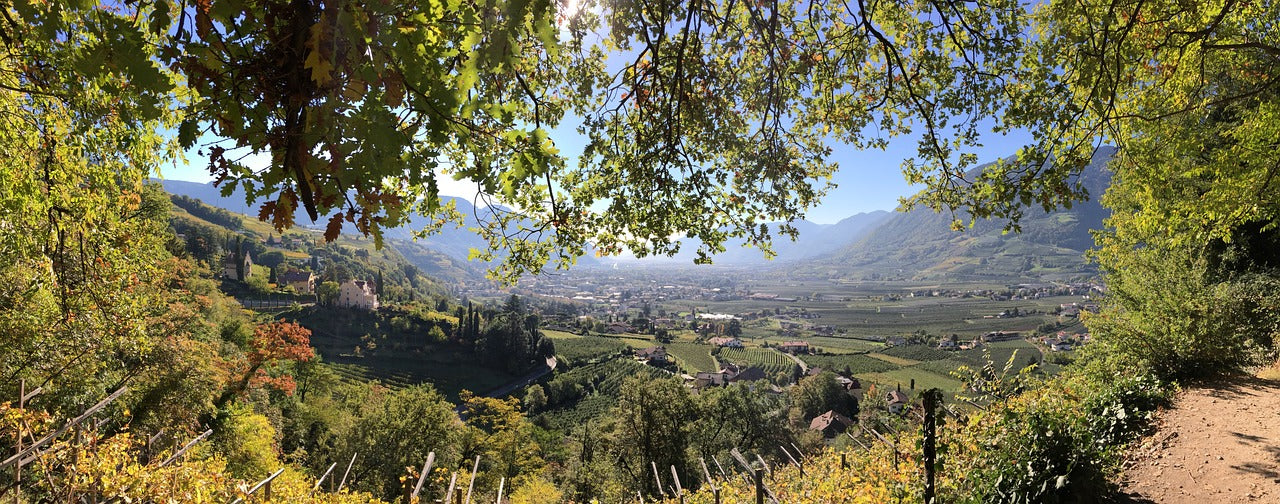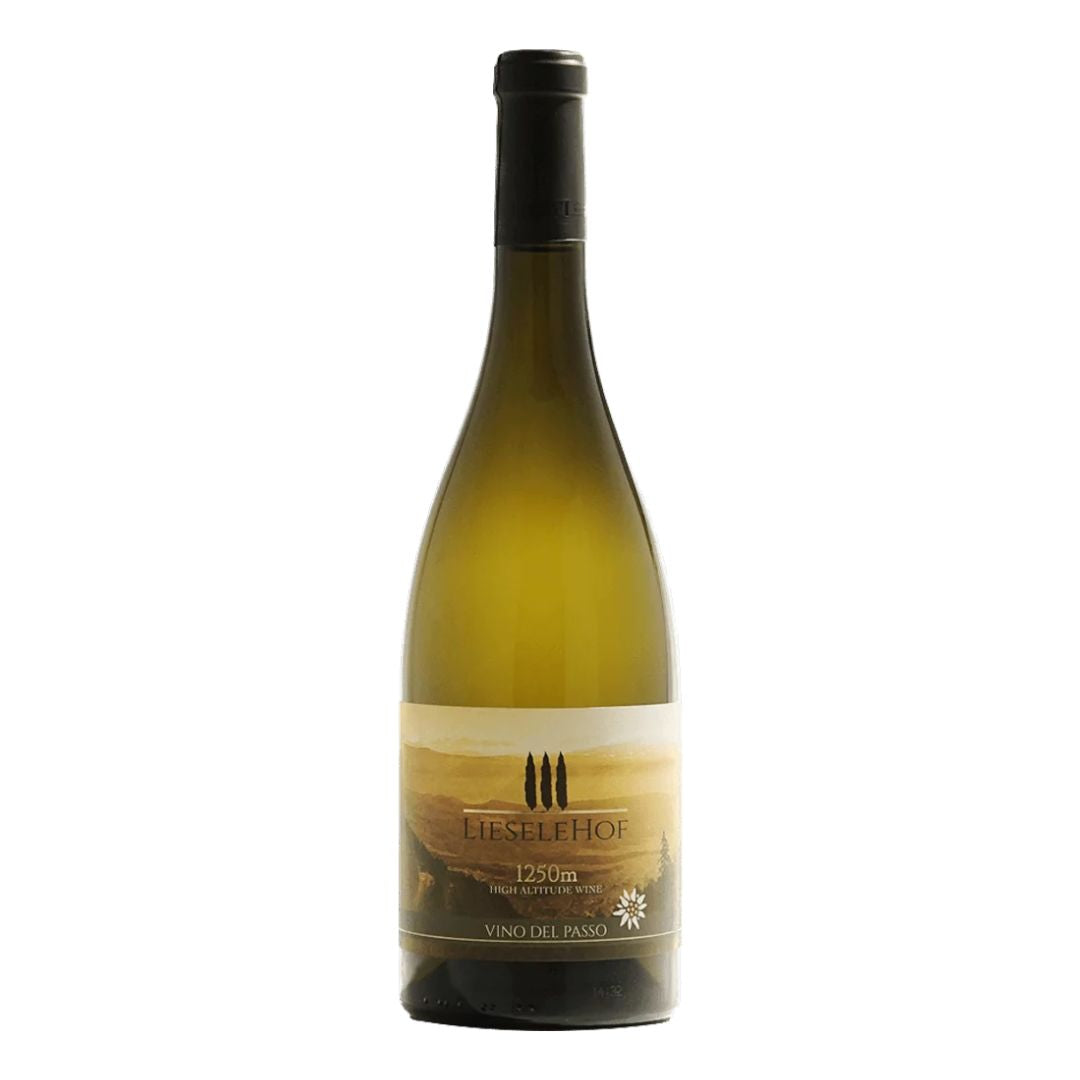
Solaris Vino del Passo | Lieselehof

Production and refinement
Organoleptic analysis
Visual exam
Olfactory examination
Tasting
Contents index
From the vineyard to the table: discover our wine
Ready for a journey to discover Solaris Vino del Passo | Lieselehof ? We will now take you to delve deeper into every aspect of this exceptional wine through three key sections:
Cellar
Come and learn about the history and values of the winery which passionately grows and transforms grapes into wine
Territory
Immerse yourself in the land that gives life to these unique grapes, discovering the climate and terroir that influence its character
Pairings
Get expert advice on the perfect pairings that will enhance both the wine and your meal
The winery
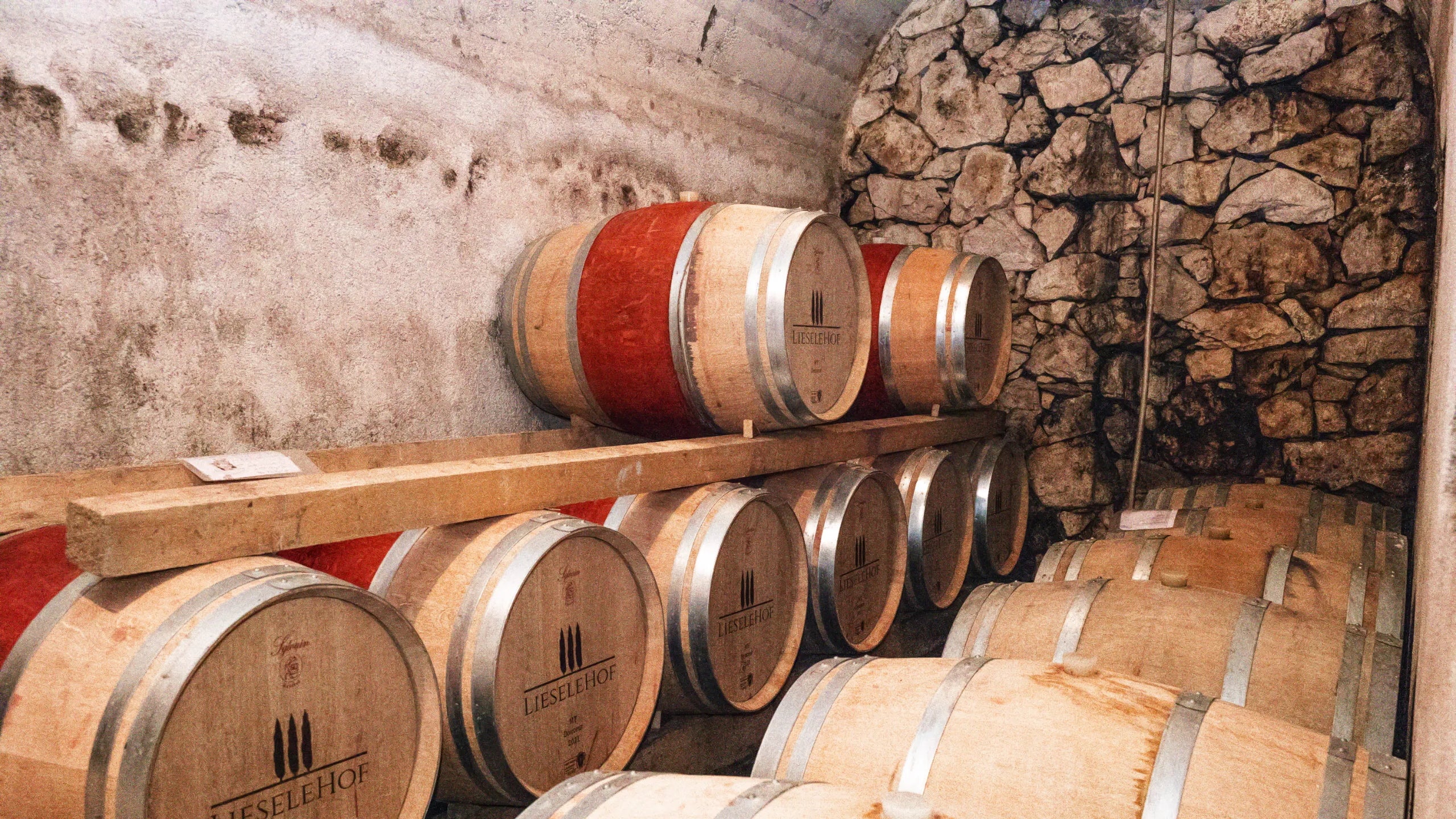
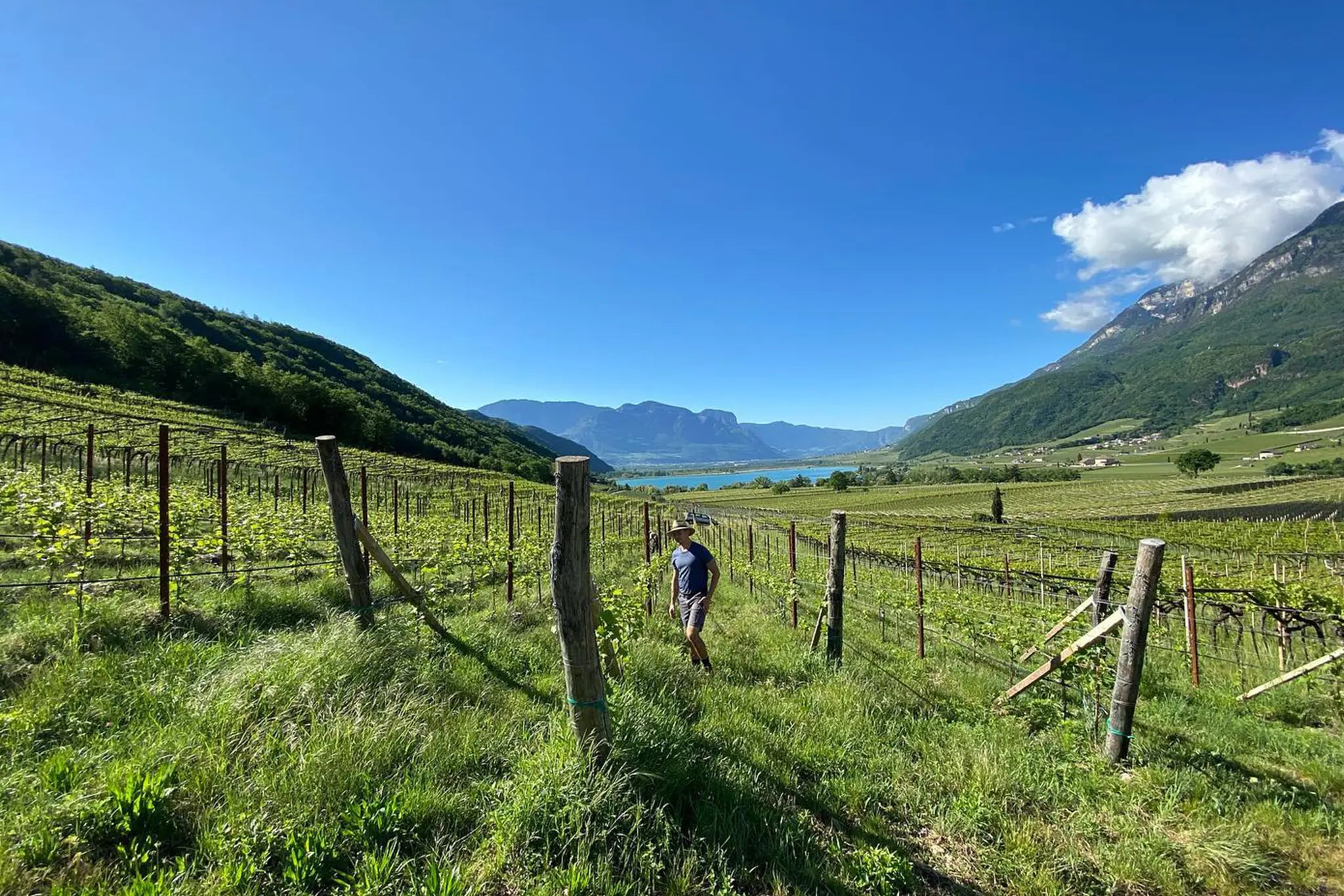
Region and territory
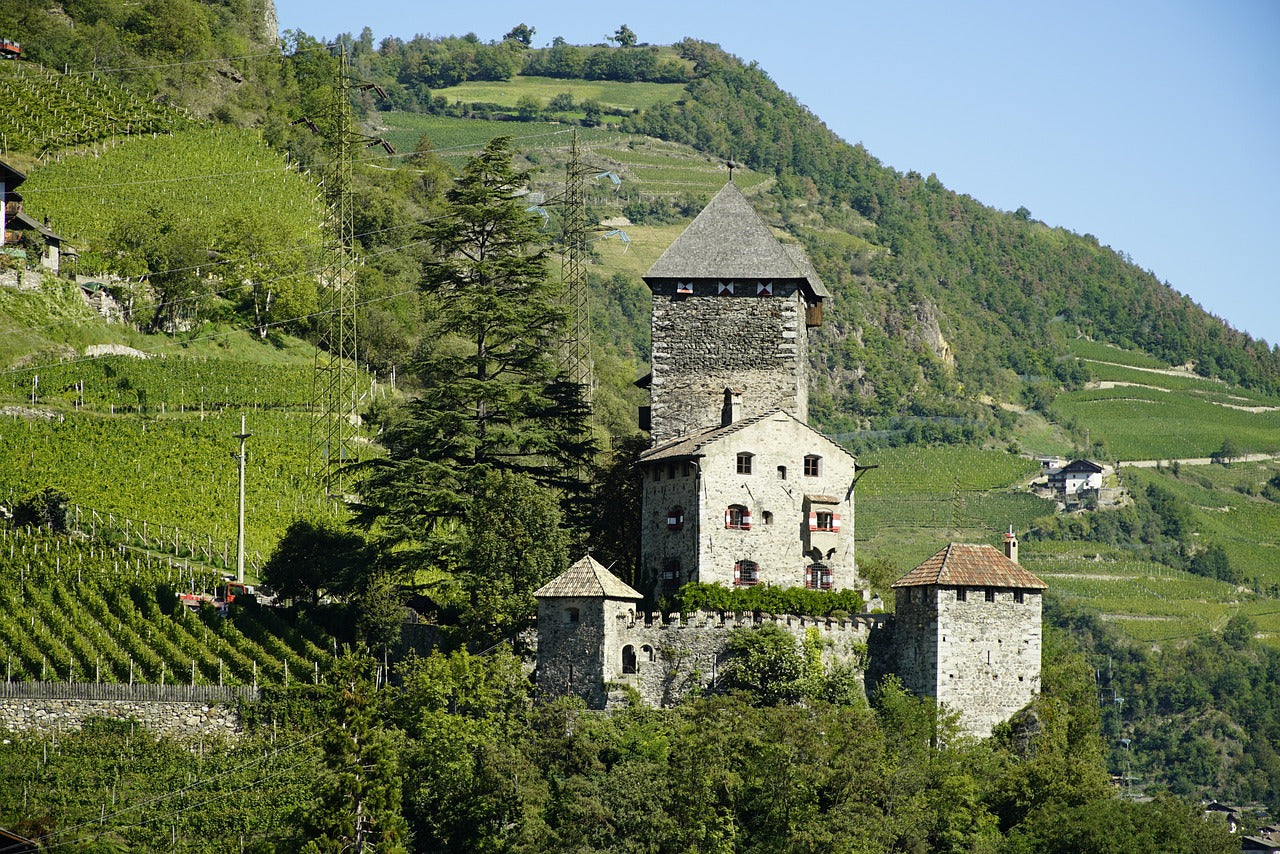
Alto Adige, with its vineyards situated between 200 and 1000 meters above sea level, offers quality white and red wines of finesse.
Recommended pairings and dishes
Matching by concordance
Matching by contrast
It pairs well with
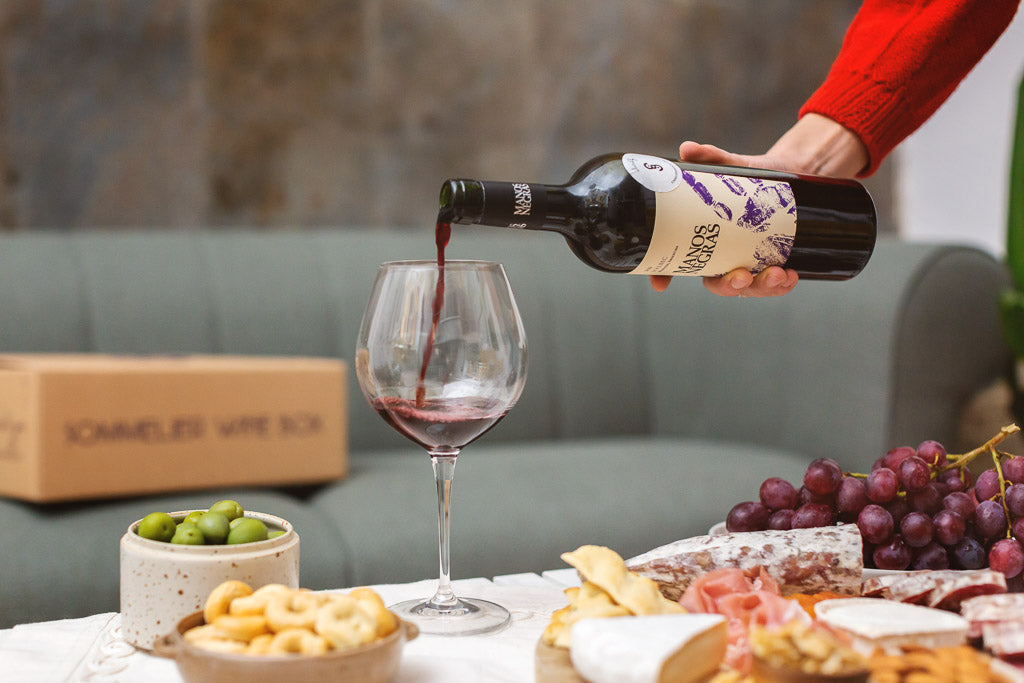
Matching by concordance
Matching by contrast
It pairs well with

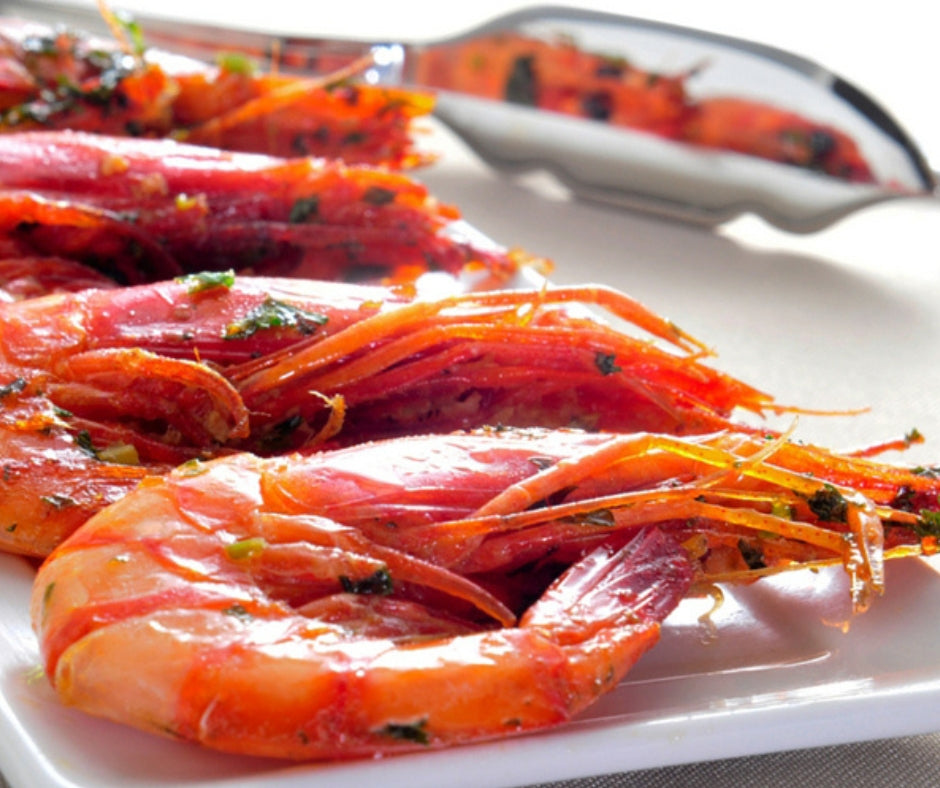
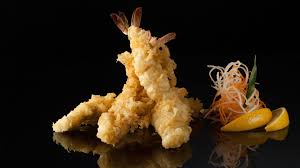
Shellfish
Tempura
Solaris Vino del Passo | Lieselehof , did you like it?
Tell us about it by clicking here
Solaris Vino del Passo | Lieselehof , did you like it?
Tell us about it by clicking here

